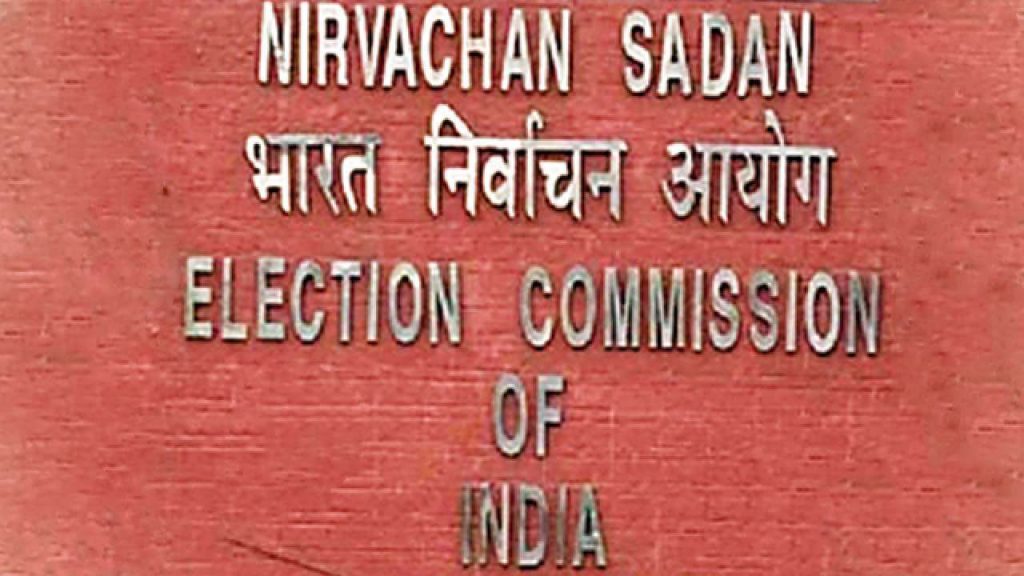New Delhi: Amid rising political heat over the Special Intensive Revision (SIR) of electoral rolls in poll-bound Bihar, Election Commission (EC) officials have firmly clarified that the poll body has no role in determining the citizenship status of individuals.
Responding to allegations from Opposition parties that the SIR could be a veiled National Register of Citizens (NRC) exercise, the officials underscored that citizenship matters lie strictly outside the commission’s mandate.
“The Election Commission does not decide the citizenship of any individual. The Citizenship Act of 1955 says that one acquires citizenship in India,” an official said. According to the law, even the MHA (Ministry of Home Affairs) cannot give citizenship to anyone.
The Citizenship Act, 1955, explains that Indian citizenship can be acquired only through birth, descent, registration, or naturalisation, and no authority, including the EC, can issue citizenship proof. Nobody is authorised to give proof to anyone, either. However, if a question is raised, then an inquiry is conducted, and this inquiry is carried out by the DM (District Magistrate).
The clarification gains significance in light of objections raised by several Opposition parties who claim the SIR is an indirect attempt at implementing the NRC. The concerns have led to demands for transparency and reassurances that the process is not being used to question citizenship.
Amid these concerns, even the Telugu Desam Party (TDP), a key NDA ally, has sought assurances that the verification procedures during SIR are not linked to citizenship scrutiny. At the same time, the N. Chandrababu Naidu-led party acknowledged the potential of the revision exercise, calling it “a valuable opportunity to ensure that the electoral rolls are updated in a fair, inclusive, and transparent manner”.
There is no denying that the EC operates strictly under Article 326 of the Constitution, which governs the right to vote. Article 326 ensures elections are held on the basis of adult suffrage, entitling every Indian citizen aged 18 or above to be registered as a voter—unless disqualified by specific constitutional or legal provisions.
IANS
